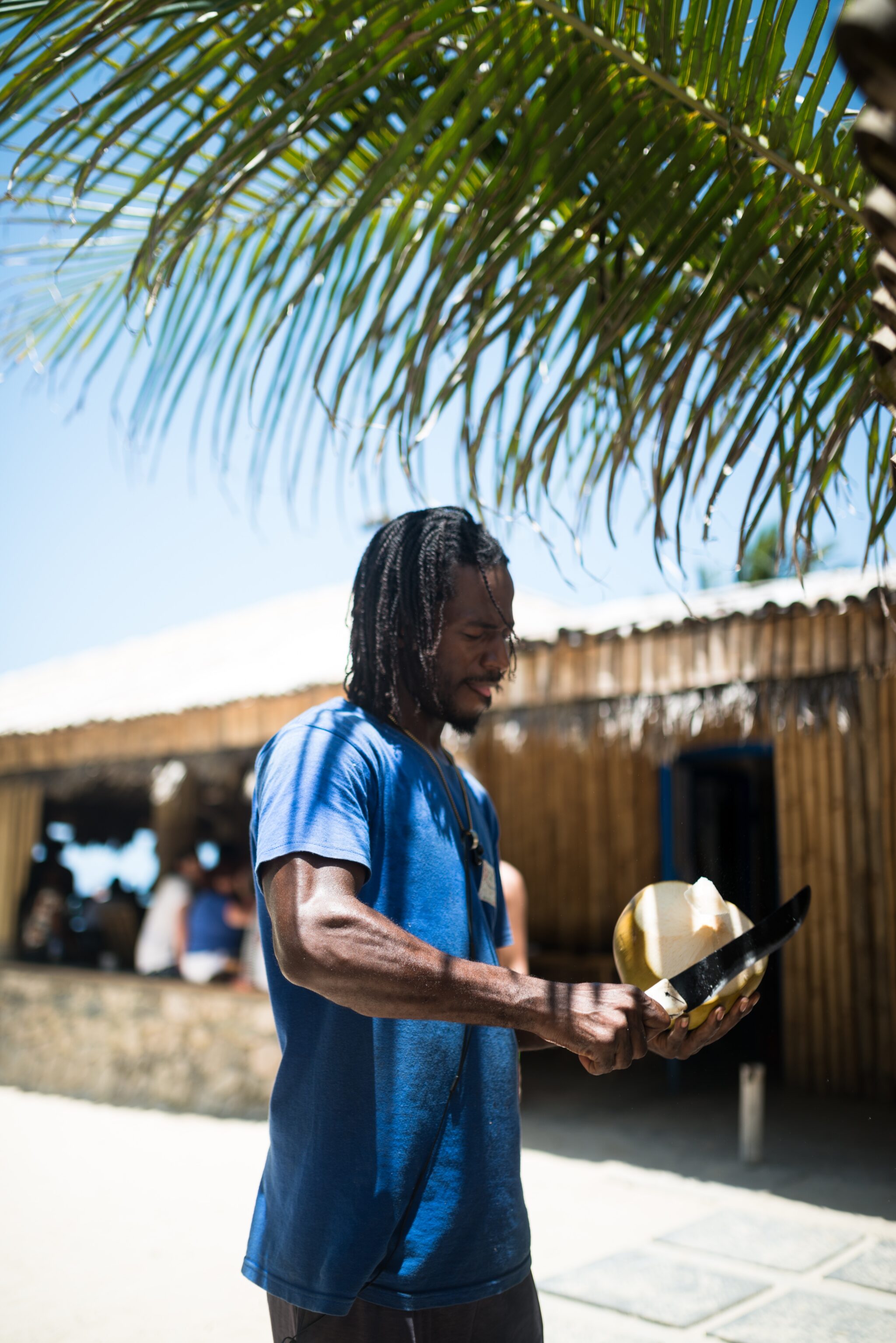
Blog
The impact of soft-skills training for microentrepreneurs in Jamaica
26 January 2018
A question of paramount importance for the developing world is whether we can transform the myriad self-employed workers into innovative entrepreneurs. The fact that billions of dollars are spent subsidising business training programmes around the world indicates that policymakers and donors believe that this transformation is possible.
The fact that billions of dollars are spent subsidising business training programmes around the world indicates that policymakers and donors believe that this transformation is possible.
However, field experiments testing for the effects of traditional business training have not found transformative effects (McKenzie and Woodruff, 2014). One hypothesis of why only modest effects are observed is that traditional business training are centred on recommending a set of generic business practices, while entrepreneurs face ever-evolving idiosyncratic challenges that require more tailored advice.
Psychology-based training programmes focus on changing the way entrepreneurs think about their business. Instead of recommending a set of generic business practices, they aim to change a particular set of soft skills that are believed to be related to successful entrepreneurship. Campos et al. (2017) showed that a soft-skills training programme (coupled with four months of post-training mentorship) aimed at developing a proactive entrepreneurial mindset had similar effects on increasing business practices, but significantly larger effects on business outcomes than traditional business training. Remarkably, positive effects were observed for both males and females and persisted two years after the interventions.
Our paper builds on the results of Campos et al. (2017) and compares the effects of two 40-hour training courses: the first course is focused only on soft-skills, with five classes on personal initiative and five classes on perseverance (one of the components of grit); while the second course bundled the five classes on personal initiative with five classes on traditionally recommended business practices. The idea is to test whether entrepreneurs benefit more from a training that combines both soft skills and hard skills than from one focused only on soft skills. Our sample consists of 945 small-scale entrepreneurs from Kingston, Jamaica. Of these, 315 were randomly assigned to the pure soft-skills training, 315 to the combined training, and 315 to a control group. We conducted two follow-up surveys, 3 months and 12 months after the trainings were executed.
Our main findings suggest that the soft-skills training was effective in the short term.
Our main findings suggest that the soft-skills training was effective in the short term. We see an increase of 0.28 standard deviations on a business outcomes index. These positive effects are mediated by improved business practices and innovation. However, these effects are not persistent, after 12 months we do not see any effect on business outcomes or intermediate outcomes. Furthermore, we find no significant effect for the combined training at any horizon, and the short-run effects of the soft-skills training are concentrated among men, with no effects for women. Interestingly, we find persistent effects on both self-reported measures of soft skills targeted by the training and on a behavioural incentivized measure of perseverance based on a similar game to the one designed by Alan et al. (2019) to measure grit.
Given the absence of persistent effects of soft-skills training like those provided by Campos et al. (2017), it appears that complementing this type of training with mentorship or follow-up interventions might be a relevant avenue for generating long lasting improved business outcomes. Future research should test whether such combinations of soft-skills training with mentorship can generate persistent effects in different contexts.
